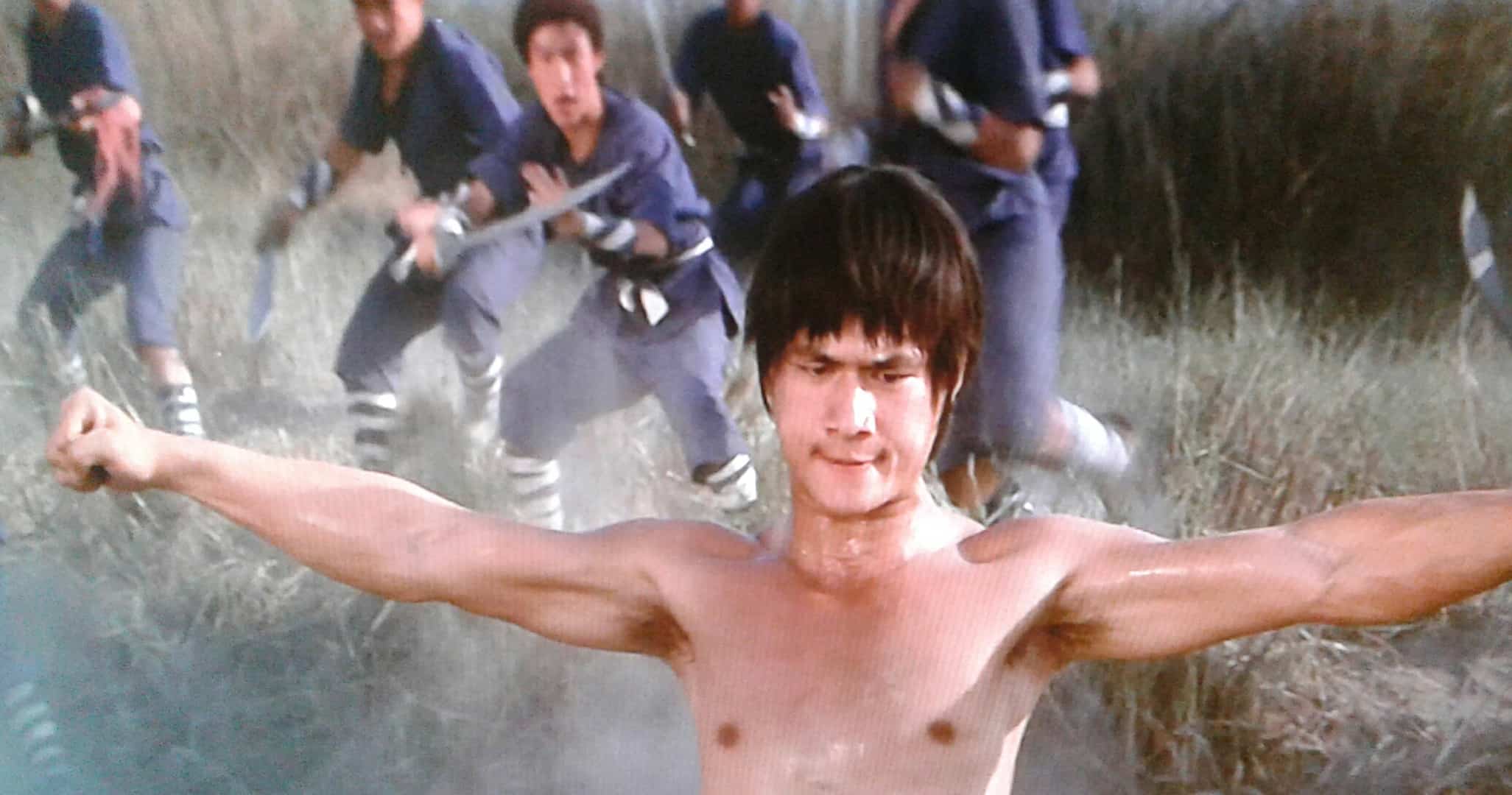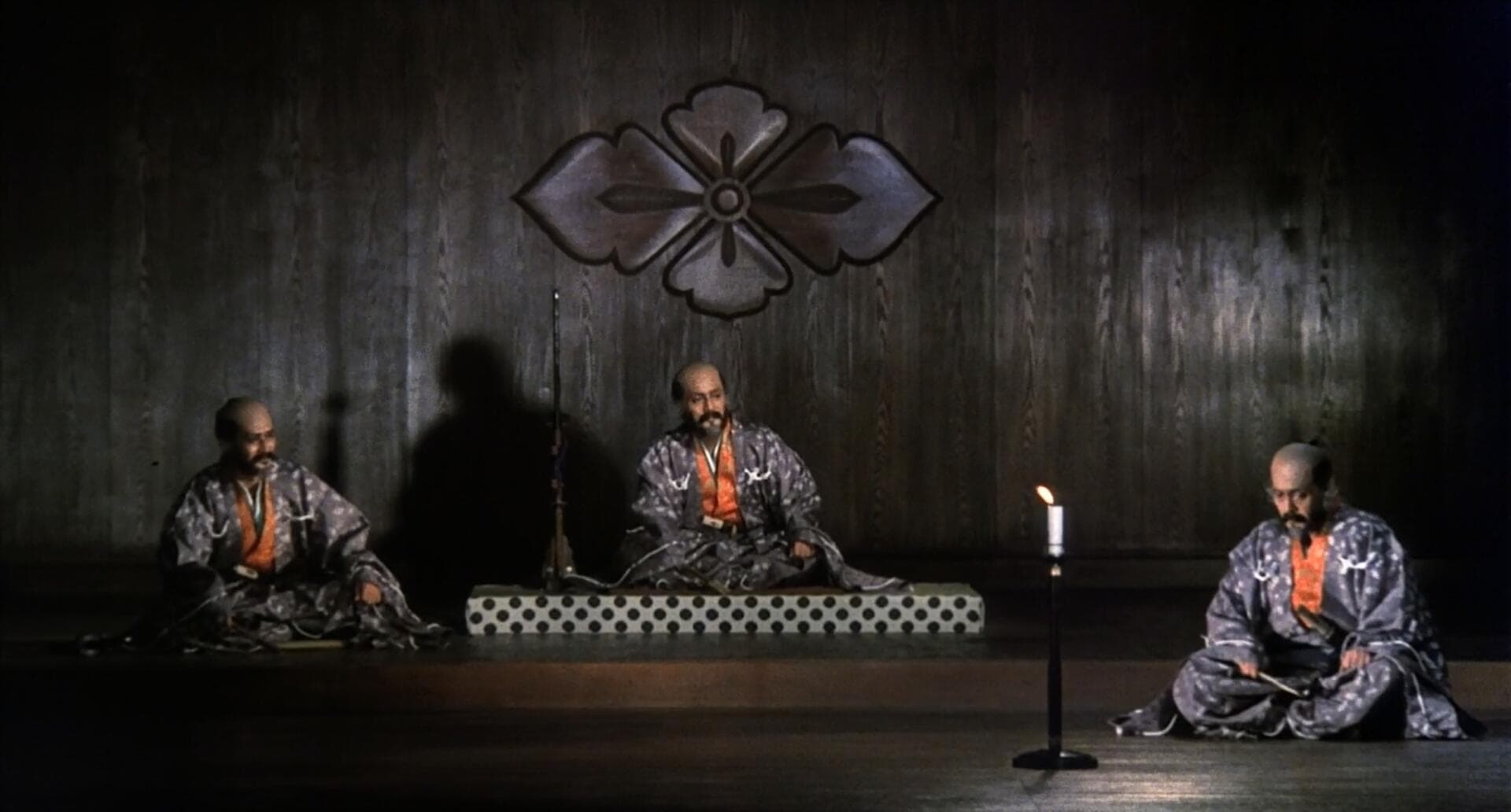Indian nationalist leader Subhas Chandra Bose has been one of the most controversial figures of contemporary Indian history. Both regarding his life (particularly his decision to leave (ousted for others) the Congress in 1939 following differences with Mahatma Gandhi, and to join the Nazis and Imperial Japan against the British, but more regarding the events of his death. While the official record places it on August 18, 1945, after his overloaded Japanese plane crashed in Japanese Taiwan, there are two other theories that have drawn many followers, both of which state that Bose actually faked his death. The first suggests that he managed to escape to Russia, where he was captured and tortured to death in the gulags, while the second that he eventually left Russia, became a monk and returned to India under the name of Gumnaani Baba. The government's stance on the findings of three different committees that dealt with the events, and particularly those of the last one, the Mukherjee Commission, and the data offered there by Mission Netaji, an investigative group that did an exhaustive research on the actual events, has put more fuel in the fire.
Srijit Mukherjee also faced issues while shooting the film, particularly from Netaji Subhas Chandra Bose's grandnephew Chandra Kumar Bose, who criticized the director's approach regarding Gumnaani Baba and Mission Netaji severely, with Mukherjee answering in the same tone. However, the film was eventually completed and released on October 2, 2019.
The story unfolds in two axes, one portraying Bose's life from the argument with the Congress, and the second around journalist Chandrachur Dhar (who is based on Anuj Dhar, founder of Mission Netaji), who, after given an assignment from his newspaper for sending reports on Subhash Chandra Bose Death mystery, becomes utterly obsessed with the case. A third axis revolves around the strain Dhar's obsession puts on his relationship with his wife, Ronita.
Srijit Mukherjee has emerged as one of the most important voices of Bengali cinema in the last decade, with multi-awarded films like “Chotushkone” and “Ek Je Chhilo Raja” being a testament to the fact and his overall prowess as a director. His directorial abilities are highlighted in “Gumnaami”, particularly due to the rather different approaches he implements regarding the past and the present axes in the movie, in essence having combined two (more actually) movies into one.
In that regard, the past arc is presented in high contrast monochrome, has a quite fast pace regarding the events it presents, with Pronoy Dasgupta and Manish Patra doing an excellent work in the editing, and features songs and music quite frequently, that, as usually in Indian cinema, are actually part of the story and the overall narrative. Furthermore, the second part of this arc, which is actually a depiction of the theories of Dhar and Mission Netaji, emits a sense of mystery, as Gumnaani Baba emerges as a rather enigmatic persona. The impressive job Soumik Haldar and Manish Patra did in the cinematography finds one of its apogees in the ways they use the light and the shadows in the various scenes the monk appears. This axis also benefits the most by Prosenjit Chatterjee's imposing acting, both as Bose and Baba, with his double role also intensifying the theory Mukherjee promotes regarding the latter's fate.
The second axis is also separated in two parts. The first one focuses on the downward spiral of Dhar after he undertakes the search, with his obsession alienating him from his wife, his work, and in essence the whole world, with the exception of anything that has to with Bose. The fact that he eventually begins to look like his object of research works exceptionally in highlighting his psychological status, while the way his life progresses moves between the drama and the psychological thriller. Somewhere here, however, is where the sole significant fault of the film emerges, since his relationship with his wife is overplayed, occasionally even seeming out of place, and prolonging the film unnecessarily to 137 minutes, with the ending also moving in the same direction. On the other hand, Anirban Bhattacharya's acting definitely compensates, with his presence anchoring the narrative in the best fashion, and the same applying to Tanusree Chakrabotry as Ronita, with the excellent chemistry of the two finding its apogee in the scenes where she is infuriated and despaired, and he just ignores her.
Bhattacharya's acting is also excellent in the second part of this axis, which revolves around his hearing on behalf of Mission Netaji in front of the Mukherjee Commision, where the director changes the style of the film once more, to a stage-play/court drama combination. Bhattacharya's calm, extremely informed, funny and mocking, and eventually emotionally moved Dhar is a true pleasure to watch. Biplab Dasgupta as his main “opponent” in the hearing, lawyer Paul is also quite good, particularly in the way he keeps “losing”.
Having to portray, apart from the aforementioned characters and the rather enigmatic case, revered personalities like Nehru and Gandhi, Srijit Mukherjee has done an excellent job in presenting the whole story, despite the fact that his approach is not objective at all (and why should it be?). Thus, “Gumnaami” emerges as a captivating political, historical and psychological thriller, which could have been a bit better though, if the director did not indulge so much in the entertainment aspect. Despite this minor fault, “The Unknown” is definitely a film worth watching and a great start for any viewer wishing to be accustomed to the story of one of India's most controversial personalities.
















